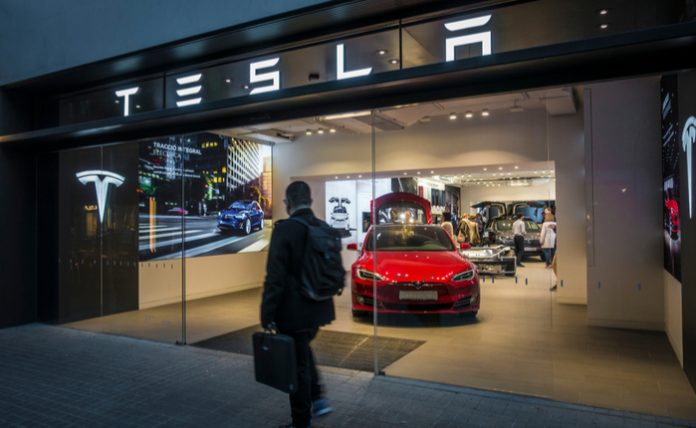News from one of the biggest technology stocks in the U.S. market shows some of the problematic work of outside parties evaluating businesses on the basis of ESG ratings.
Specifically, Mary King and Chris Paukert report at Cnet that Tesla has been dropped from the S&P 500 ESG index.
From the headline, the move was ostensibly due to autopilot issues and rumors of racial discrimination within the company.
In the article, the duo also identify other corollary issues that may have had to do with Tesla’s ESG drop, citing input from Margaret Dorn, head of ESG Indices for North America.
“Among the contributing factors, Dorn cited Tesla’s handling of allegations of racial discrimination and poor working conditions at its Fremont factory, along with the company’s handling of a federal investigation into its autopilot vehicles following injuries and deaths,” King and Paukert write.
Dorn also provides a quote on evaluation of Tesla’s contribution to greener driving:
“While Tesla may be playing its part in taking fuel-powered cars off the road, it has fallen behind its peers when examined through a wider ESG lens.”
They also cover the reaction of magnate Elon Musk who has his own ideas about social issues like free speech and equity, the kind that you don’t chase on the stock market.
“Exxon is rated top ten best in world for environment, social & governance (ESG) by S&P 500, while Tesla didn’t make the list!” Musk recently tweeted. “ESG is a scam. It has been weaponized by phony social justice warriors.”
Musk’s point, well taken by some, is that ESG readings and sometimes seem arbitrary and confusing
In other words, if there’s a company that’s doing the most good for the environment, but it gets tripped up by some sort of internal issues, making a quantifiable rating of that situation can be hard or actually impossible.
A published description of ESG evaluation shows some of the complexities in play here.
“Some companies may present their ESG program by making references to compliance with rules and regulations regarding environmental, labor practices, health and safety, and other key issues,” write several analysts at the Harvard Law School Forum on Corporate Governance. “This approach may appear reactive and indicate a reluctance to go above and beyond minimum requirements. To position themselves as leaders, companies would need to illustrate that they proactively establish best-in-class programs that exceed minimum requirements as part of a deliberate ESG strategy. At the same time, in jurisdictions with robust rules and regulations, it is important for companies to fully explain their practices, so that they get full credit for their efforts. Otherwise, their audience may not fully appreciate that the company is operating at a high standard.”
Huh?
The takeaway, for many traders, is that although boards and commissions can provide ESG ratings, investors are often making their own judgment on a company’s moral and ethical positions based on where they put their money.
Others care not a whit about ESG or anything like it, and simply invest for commercial gain.
That’s the market – let’s see if the ESG drop has any impact on Tesla stock.










